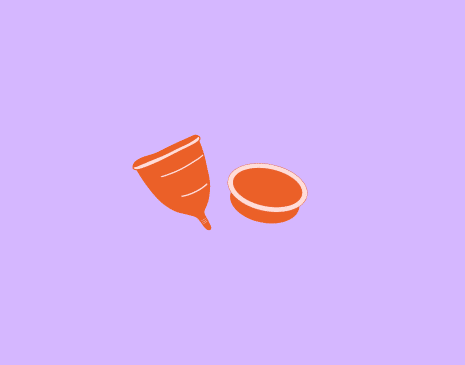Urinary Tract Infections (UTIs) are a common issue affecting women globally, yet the details surrounding their causes often remain shrouded in mystery for many. These bladder infections, primarily affecting the urinary system, can be uncomfortable and disruptive to daily life. To navigate UTIs effectively, the key lies in understanding what causes UTIs.
In this article, we delve into the question that lingers in the minds of many: How do you get a UTI? By unravelling the various factors and circumstances that contribute to the onset of these infections, we empower you with the knowledge to manage and prevent UTIs effectively. From lifestyle choices to biological predispositions, understanding the root causes of UTIs is the first step toward fostering a urinary system that thrives in optimal health.
What is a UTI?
In simple terms, a urinary tract infection (UTI) occurs when bacteria, uninvited and often from your own body, decide to set up shop in your urinary tract. Think of it as an uninvited guest causing chaos in an otherwise smoothly functioning system.
Understanding the Landscape: Your Urinary Tract
Visualise your urinary system as a network of highways connecting your kidneys, bladder, and more. A UTI happens when bacteria, typically from your skin or faecal matter, make their way into the entrance—the urethra—and proceed to create complications.
Recognising UTI Signs: Your Body’s Alerts
Your body is adept at signalling distress. When a UTI occurs, it sends out indicators. You might notice UTI symptoms, such as a burning sensation during urination, an increased urge to pee, or discomfort in your lower abdomen. These are signals prompting you to pay attention.
Why is it Relevant?
Addressing a UTI promptly is vital. Neglecting it is akin to allowing an intruder to wreak havoc without repercussions. If left untreated, a UTI can ascend to your kidneys, leading to more serious complications. Kidney infections are not to be taken lightly and can result in severe discomfort.
Understanding UTIs is essential because early detection allows for timely intervention, preventing further complications. So, if your body sends out distress signals, it’s important to address them promptly and maintain the health of your urinary tract.
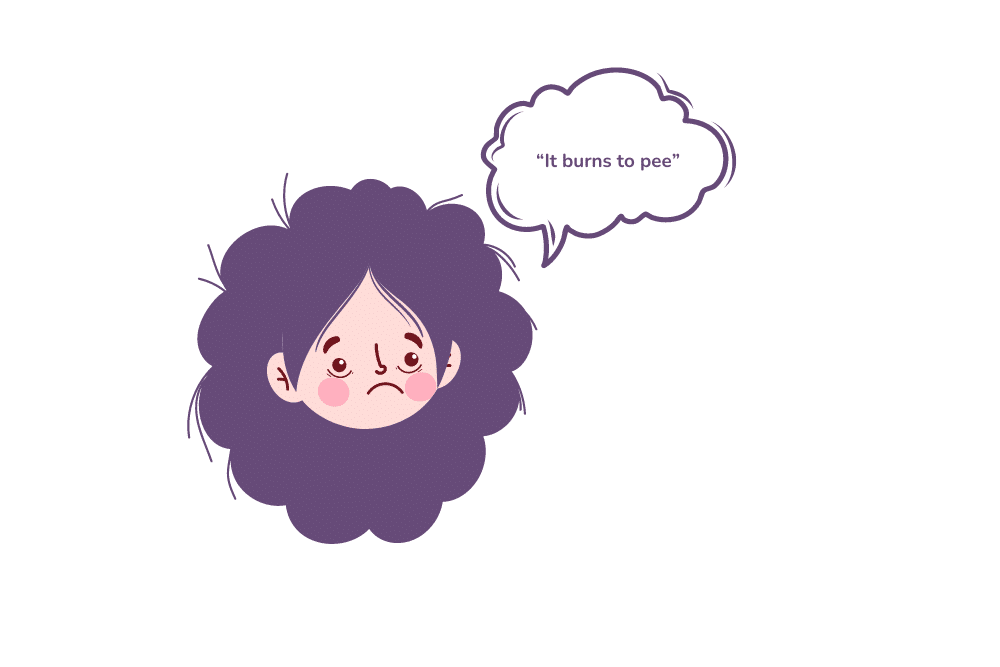
Symptoms of a UTI
Recognising the symptoms of a UTI is key for prompt diagnosis and treatment.
Signs and symptoms of a urinary tract infection (UTI) can vary. Common indicators include passing only small amounts of urine, a frequent urge to urinate, and a sensation that the bladder is still full after urination. Other symptoms may include nausea, fever, confusion (especially in older adults), pain or burning during urination, and urine that is smelly, cloudy, dark, or contains blood. Additionally, one might experience pain in the lower back, sides, or lower abdomen.¹
If you suspect a UTI based on these symptoms, consult a healthcare professional for diagnosis and UTI treatment. UTIs typically respond well to antibiotics, but early intervention is key to preventing complications or the condition worsening into something like a kidney infection.
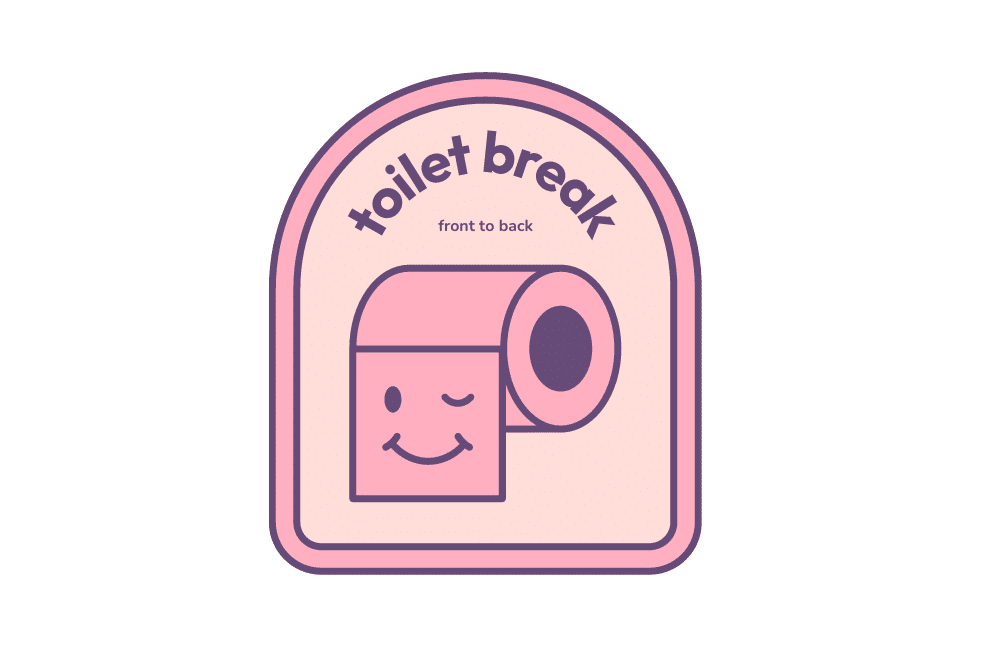
What Are The Main Causes of a UTI?
UTIs are caused by bacteria entering the body through the urethra. Due to the anatomical differences between males and females, with females having a shorter urethra and the vagina being closer to the anus where bacteria reside, females are at a higher risk of developing UTIs. This proximity makes it easier for bacteria to travel from the anus to the urethra, leading to an infection.¹
Why Did I Start Getting UTIs?
Various factors can influence the sudden onset of urinary tract infections. One common reason you may start getting UTIs is the entry of bacteria into the urinary tract. For many women, the shorter length of the urethra makes it easier for bacteria to travel from the perianal area to the bladder, leading to an increased risk of infection.
Activities like improper wiping after using the toilet or sexual intercourse can introduce these bacteria. Changes in hormonal levels, especially during menopause, can also make women more vulnerable to UTIs. Conditions like diabetes, urinary tract abnormalities, or suppressed immune systems can further contribute to the likelihood of experiencing UTIs. Identifying the specific factors contributing to UTIs is crucial, and consulting with a healthcare professional can help determine the underlying causes and guide effective strategies to prevent UTIs.
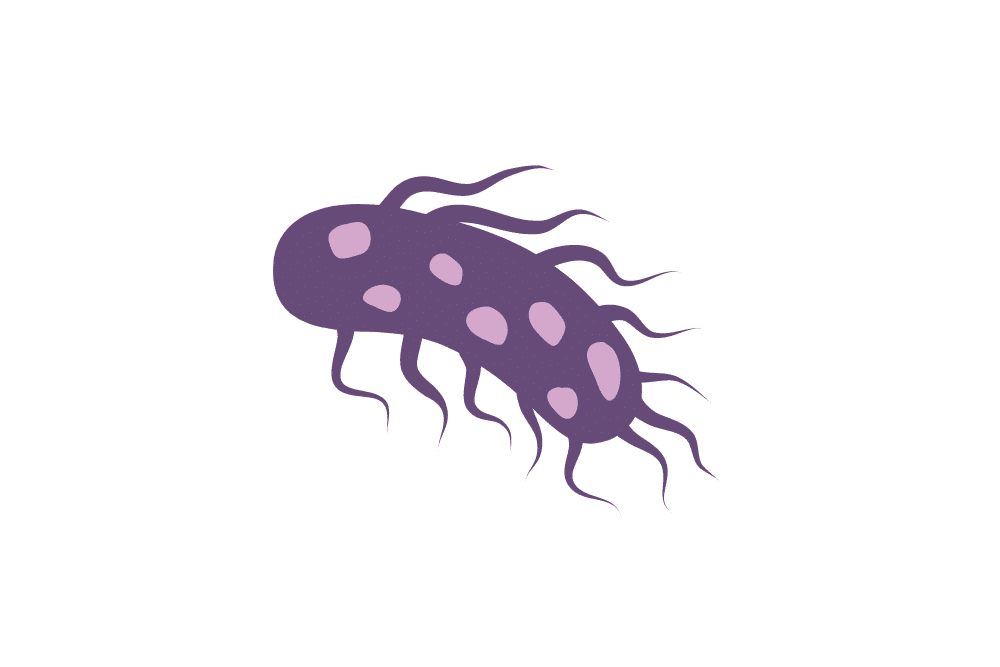
How Do You Get Rid of a UTI ASAP?
If you suspect a urinary tract infection, seeking prompt medical attention is the first step. Thankfully, online healthcare services like Youly offer a convenient avenue for seeking UTI treatment. Using telehealth platforms allows you to consult with healthcare professionals remotely, discussing symptoms and medical history from the comfort of your home.
Following a telehealth consultation, if deemed necessary, a prescription can be provided, and UTI medication can be delivered directly to your door. However, it’s imperative to emphasise that self-diagnosis and treatment without professional guidance are discouraged. Always consult a healthcare professional to ensure accurate UTI diagnosis and appropriate treatment.
Can you get antibiotics for UTI without seeing a doctor? Find out here!
Home Remedies for UTIs
While home remedies may provide some relief from the symptoms of urinary tract infections, they are not a substitute for professional medical treatment.
Drinking plenty of water is a commonly recommended practice to help flush out bacteria from the urinary tract. Maintaining good personal hygiene, wearing loose-fitting clothing, and avoiding irritants like harsh soaps in the genital area may also contribute to a more comfortable recovery.
It is essential to note that these home remedies should complement, not replace, consultation with a healthcare professional. UTIs can lead to serious complications if not properly treated with antibiotics, making it vital to seek professional medical advice for an accurate diagnosis and appropriate treatment.
Medical Treatment for UTIs
UTIs are typically treated with antibiotics, which are prescribed by your doctor if deemed necessary.¹ In some regions, pharmacists are also authorised to provide treatment for UTIs.
To alleviate discomfort while urinating and improve symptoms such as stinging, urinary alkalinisers can be helpful. You can make your own by mixing one teaspoon of baking soda (bicarbonate of soda) with water, or you can purchase a ready-made version from a pharmacist.¹ Always consult your doctor or pharmacist to ensure it is safe to use alkalinisers alongside any other medications you may be taking.
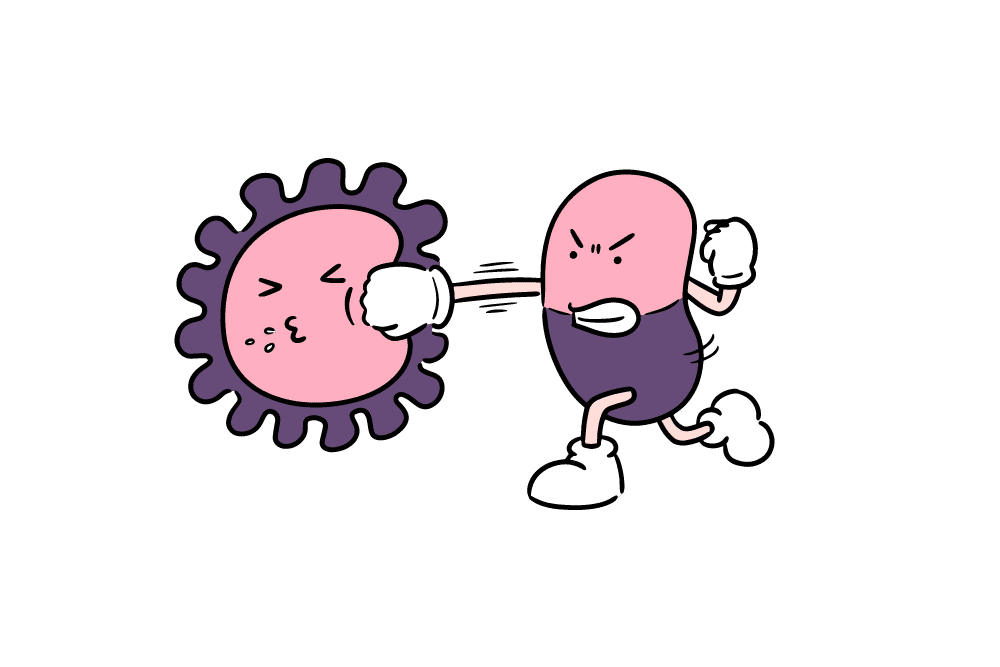
Complications and Recurrent UTIs
Complications associated with urinary tract infections can arise if the infection is not promptly and adequately treated. If left untreated, a bladder infection, which is a common type of UTI, can progress to more severe conditions, potentially affecting the kidneys. Kidney infections, in particular, can lead to serious complications, including kidney damage and systemic infections.
Individuals with underlying health conditions such as diabetes and digestive and kidney diseases may be at a higher risk of developing complications from UTIs. Additionally, recurrent UTIs can pose long-term challenges, impacting overall well-being and quality of life. Find out why you keep getting UTIs.
To prevent urinary tract infections and reduce the risk of complications, maintaining good hygiene practices, staying hydrated, and promptly seeking medical attention for symptoms are crucial steps. Individuals should also be mindful of any underlying health conditions that may predispose them to UTIs, as addressing these factors can contribute to effective prevention strategies and overall urinary tract health.
Source
- Health direct. Urinary tract infection (UTI) [Internet]. Healthdirect.gov.au. Healthdirect Australia; 2019. Available from: https://www.healthdirect.gov.au/urinary-tract-infection-uti




